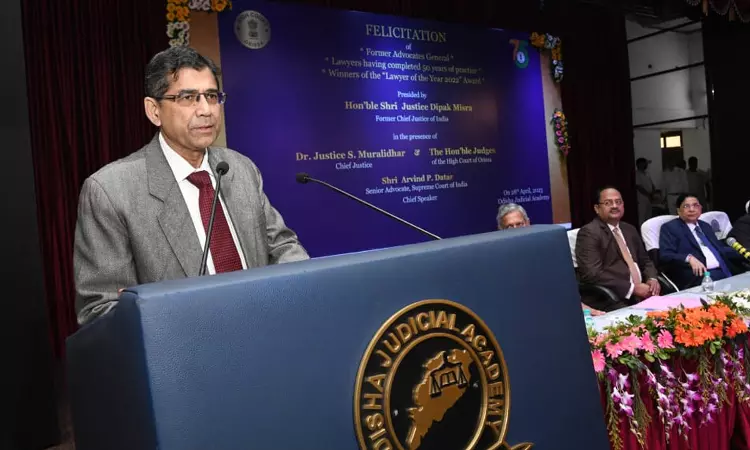As a part of the 75th year celebration of the High Court of Orissa, the Lawyers’ Day was observed in a special way on Friday in a function organized at Odisha Judicial Academy, Cuttack. The Day is celebrated by the legal fraternity of Odisha to commemorate the birth anniversary of Utkala Gouraba Madhusudan Das. Arvind P. Datar, Senior Advocate, Supreme Court of India, attended the event as...

